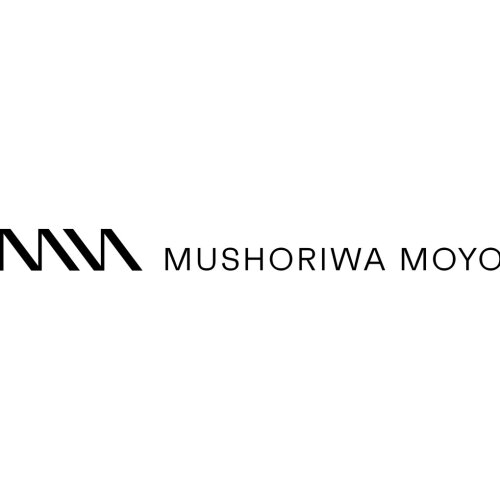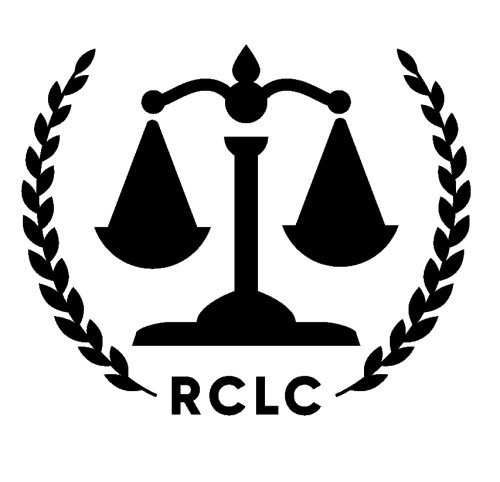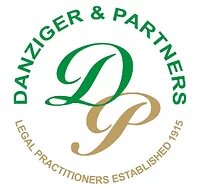Best Hiring & Firing Lawyers in Zimbabwe
Share your needs with us, get contacted by law firms.
Free. Takes 2 min.
Or refine your search by selecting a city:
List of the best lawyers in Zimbabwe
About Hiring & Firing Law in Zimbabwe
In Zimbabwe, employment law governs the relationship between employers and employees, outlining both parties' rights and obligations. Hiring and firing processes are primarily regulated under the Labour Act [Chapter 28:01] and various statutory instruments. These laws aim to protect employees from unfair labor practices while ensuring businesses can operate efficiently. Employers must adhere to procedures for recruitment, termination, and dispute resolution to ensure compliance with legal requirements and protect the rights of all parties involved.
Why You May Need a Lawyer
While hiring and firing might seem straightforward, these processes can become complex and legally intricate, warranting professional legal advice. Common situations where one may need legal help include:
- Drafting employment contracts to ensure they meet legal standards.
- Navigating disputes or grievances related to employment termination.
- Ensuring compliance with non-discrimination and equal opportunity laws.
- Guidance on proper procedures for disciplinary actions and dismissals.
- Handling redundancy and retrenchment procedures.
- Addressing accusations of unfair dismissal or constructive dismissal against an employer.
- Assistance with mediation and arbitration proceedings.
Local Laws Overview
The key aspects of hiring and firing laws in Zimbabwe include:
- Employment Contracts: Contracts must clearly state terms and conditions, and employers are obliged to provide written contracts for most permanent positions.
- Termination Procedures: The Labour Act specifies valid grounds for termination, including misconduct, operational requirements, and mutual agreement. Proper notice and severance payments are often required.
- Unfair Dismissal: Employees have the right to challenge dismissals perceived as unfair. Employers must have a valid reason supported by evidence and follow due process.
- Non-Discrimination: Zimbabwean law prohibits employment discrimination based on gender, race, religion, political opinion, or social status.
- Redundancy and Retrenchment: Employers must consult with employees or their representatives before implementing redundancies, and fair severance packages must be provided.
- Dispute Resolution: The Labour Court and arbitration processes are available to resolve employment disputes, with the Employment Council playing a significant role in collective bargaining agreements.
Frequently Asked Questions
1. What must be included in an employment contract in Zimbabwe?
Employment contracts should include job title, duties, salary, work hours, leave entitlements, notice periods for termination, and any probationary conditions. Written contracts are essential for clarity and compliance.
2. What constitutes unfair dismissal in Zimbabwe?
Unfair dismissal occurs when an employee is terminated without a just cause, without following due procedural requirements, or for discriminatory reasons. Employers must be able to substantiate the reason for dismissal and demonstrate compliance with stipulated procedures.
3. How is a redundancy process legally implemented?
Employers planning redundancies must notify affected employees, provide adequate notice, and offer severance packages. Consultation with employees or their representatives to discuss the processes and alternatives is also required by law.
4. What steps should I take if I believe I've been unfairly dismissed?
Employees suspecting unfair dismissal should first review their employment contract and seek dialogue with the employer. If unresolved, they may file a complaint with the Labour Court for dispute resolution or seek legal advice.
5. Are restrictive covenants enforceable in Zimbabwe?
Restrictive covenants, like non-compete clauses, are enforceable if deemed reasonable and necessary to protect legitimate business interests without overly restricting the employee's future employment opportunities.
6. Can an employer change terms of employment unilaterally?
No, changes to employment terms typically require mutual agreement between the employer and employee. Unilateral alterations, especially without consultation or consent, could be deemed a breach of contract.
7. What is the role of the Labour Court in Zimbabwe?
The Labour Court handles disputes related to employment matters, including unfair dismissal and contract breaches. It provides a legal platform for resolving conflicts through hearings and judgments.
8. How are employment disputes resolved through arbitration?
Arbitration involves a neutral third party, often from an arbitration tribunal, who reviews the case details and imposes a legally binding decision to resolve the dispute outside of court.
9. What are the obligations of employers regarding workplace safety?
Employers are obligated to provide a safe working environment, complying with health and safety regulations, and extending reasonable care to protect employees from work-related hazards and injuries.
10. Is a verbal agreement considered a binding employment contract?
While verbal agreements can be binding, they are more difficult to enforce due to lack of evidence. Written contracts are preferable for formalizing employment relationships in clear, enforceable terms.
Additional Resources
For further guidance on hiring and firing processes, consider the following resources:
- Ministry of Labour and Social Welfare: Provides information about labor laws and regulations.
- National Employment Councils (NECs): Offer mediation and dispute resolution services within specific industries.
- Labour Court of Zimbabwe: A judicial body for resolving employment disputes.
- Zimbabwe Congress of Trade Unions (ZCTU): Represents workers' interests and provides guidance on employment rights and disputes.
- Legal Practitioners Council of Zimbabwe: A resource for finding registered legal practitioners specializing in labor law.
Next Steps
Should you require legal assistance in matters of hiring and firing, consider taking the following steps:
- Identify and articulate your legal concerns or queries relating to your situation.
- Gather all relevant documentation, such as employment contracts, correspondences, and any official notices or termination letters.
- Consult with a legal practitioner specializing in employment law to understand your rights and obligations fully.
- Explore mediation or direct negotiation with the employer or employee as a possible first step towards resolution.
- If necessary, escalate the issue to the Labour Court or engage in arbitration with the assistance of legal counsel to resolve disputes formally.
By following these steps, you can ensure that your interests are protected and navigate the legal landscape effectively in hiring and firing matters in Zimbabwe.
Lawzana helps you find the best lawyers and law firms in Zimbabwe through a curated and pre-screened list of qualified legal professionals. Our platform offers rankings and detailed profiles of attorneys and law firms, allowing you to compare based on practice areas, including Hiring & Firing, experience, and client feedback.
Each profile includes a description of the firm's areas of practice, client reviews, team members and partners, year of establishment, spoken languages, office locations, contact information, social media presence, and any published articles or resources. Most firms on our platform speak English and are experienced in both local and international legal matters.
Get a quote from top-rated law firms in Zimbabwe — quickly, securely, and without unnecessary hassle.
Disclaimer:
The information provided on this page is for general informational purposes only and does not constitute legal advice. While we strive to ensure the accuracy and relevance of the content, legal information may change over time, and interpretations of the law can vary. You should always consult with a qualified legal professional for advice specific to your situation.
We disclaim all liability for actions taken or not taken based on the content of this page. If you believe any information is incorrect or outdated, please contact us, and we will review and update it where appropriate.
Browse hiring & firing law firms by city in Zimbabwe
Refine your search by selecting a city.
















